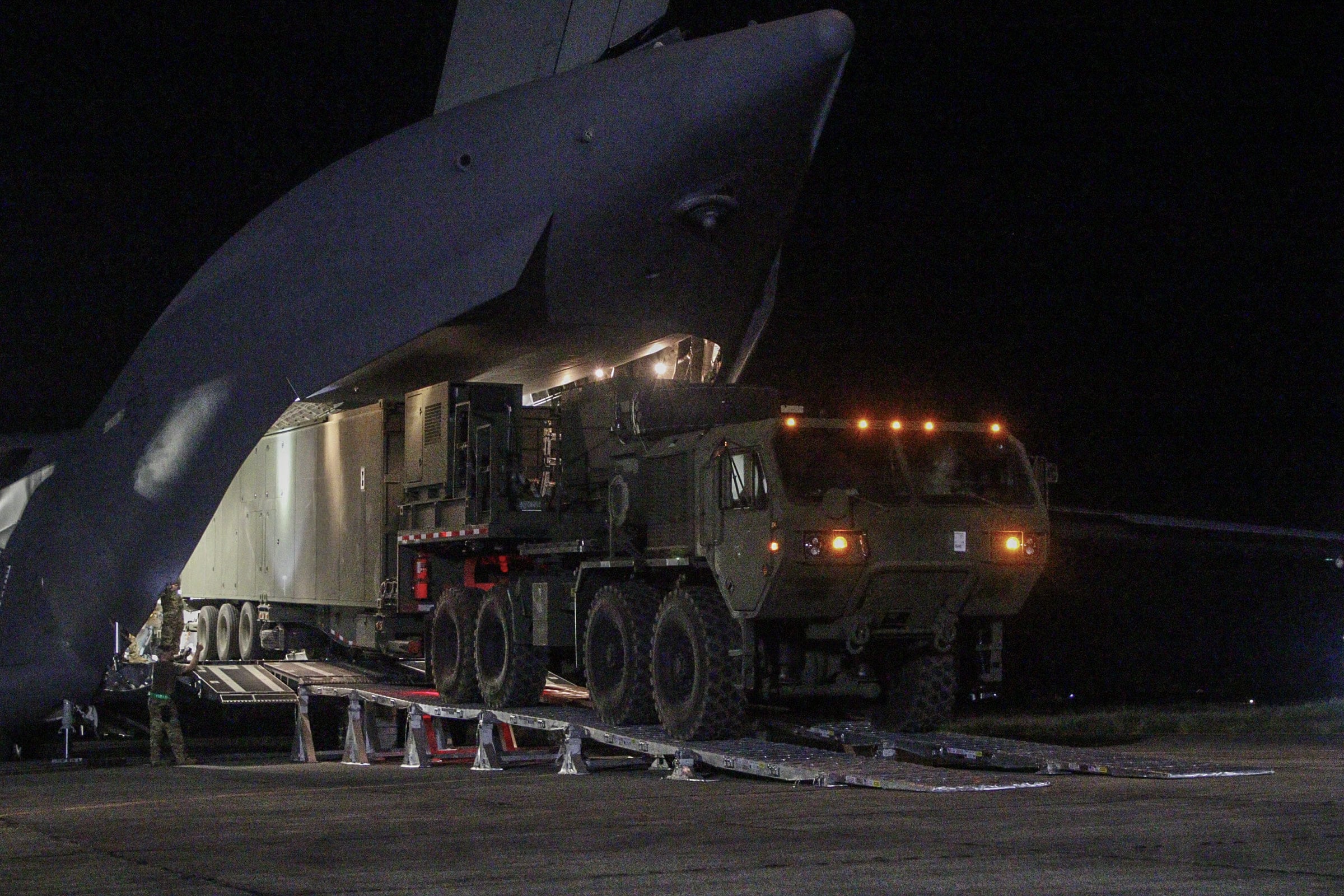ROME — The CEO of shipbuilder Fincantieri has claimed the Italian state- controlled yard can be a catalyst in President Donald Trump’s shake-up of U.S. naval shipbuilding.
Pierroberto Folgiero said Fincantieri could “enable and support a kind of renaissance of shipbuilding in the U.S.”
Speaking to analysts on Monday, the Italian manager added that Trump’s executive order issued last month to boost the U.S. shipbuilding business would help Fincantieri’s Marinette Marine yard in Wisconsin where it is building new - but delayed - Constellation class frigates.
The order will “debottleneck the performance of the existing defense shipyards in the US, including ours in Marinette,” he said.
On April 9, Trump signed an executive order to revitalize an industry accused of lagging behind China’s following reports that recent naval programs have experienced delays and cost overruns.
A March report by the United States Government Accountability Office pinned blame on the U.S. Navy, stating “the Navy’s shipbuilding acquisition approach does not align with innovative practices that promote timely, predictable development and delivery of new, fully capable ships.”
The report recalled how the Navy contracted Fincantieri to build Constellation-class frigates in 2020 during the first Trump administration. The vessel was based on the Fremm frigates the yard had built for the Italian Navy, and the U.S. Navy reported “basic andfunctional designs” were 88% complete.
Five years on, after changes were ordered to the design, the Navy is now reporting the design is just 70 percent complete and the program is three years behind, the report said.
“As a result of these changes, in part, the frigate now bears little resemblance to the parent design that the Navy touted as a built-in, risk reduction measure for the program in 2020,” the report stated.
“Now, in 2025, the ongoing redesign has driven weight growth at levels that exceed available tolerances. Already the Navy is considering a reduction in the frigate’s speed requirement as one potential way, among others, to resolve this weight growth.”
In a January interview with U.S. conservative radio host Hugh Hewitt, Trump blamed the Navy for “playing around and tinkering and changing the design.”
He claimed the frigate was “designed on a ship that was unbelievably successful in that same class, you know, design-wise.”
“We had it down, and they made changes. They always have to make changes. You know, these guys get in there, and they think they’re smart, and in many cases, unfortunately, they’re not smart, and they take something and they make it worse for a lot more money. That’s what they do. I mean, they spend more money to make it worse,” he said.
Addressing analysts on Monday, Fincantieri CEO Folgiero said he hoped naval technology cooperation between the United States and Italy could play a part in an upgrade of the American naval shipbuilding industry.
He pointed to a U.S.-Italy Joint Leaders’ Statement published after an April visit to Washington by Italian prime minister Giorgia Meloni which stated, “Italy will contribute to the maritime renaissance of the U.S. shipbuilding sector.”
He said he hoped another Fincantieri owned yard in Sturgeon Bay, Wisconsin, could now increase its capacity and focus on icebreakers.
“There is huge attention on the new Arctic routes, which are increasingly important for the administration. A good example of technology-driven shipbuilding is icebreakers,” he said, adding that Fincantieri could leverage its existing expertise on the vessel type.
He also said Fincantieri could create a repair and maintenance hub for Constellation frigates at its facility in Jacksonville, Florida.
Tom Kington is the Italy correspondent for Defense News.





